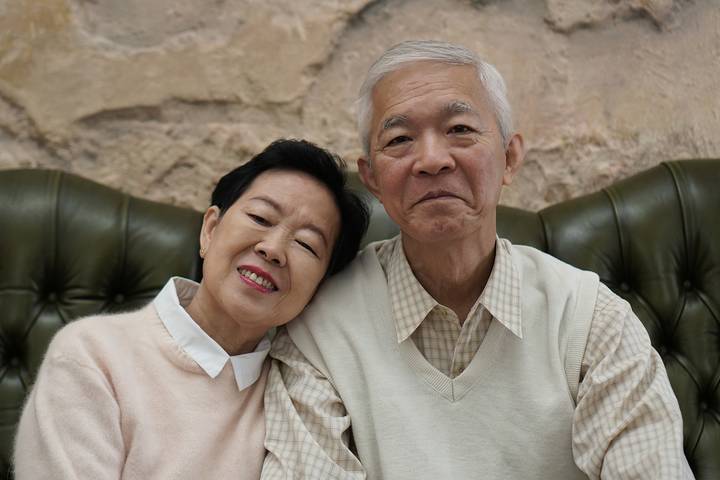Retirement can bring mixed emotions. For many, it means stepping back from daily responsibilities and enjoying life at a slower pace. However, the years leading up to retirement can be stressful due to concerns about finances, healthcare, and housing. With careful planning and a positive outlook, you can create the retirement you have always wanted.
You don’t have to feel overwhelmed as you approach retirement. By using the right strategies, you can build a fulfilling and enjoyable lifestyle. This includes managing your finances, selecting the right community, and prioritizing your wellness. Each step you take can lead to a more comfortable retirement.
Financial Planning
Good financial planning is essential for a comfortable retirement. Start by determining how much money you will need to maintain the quality of life you desire. Review your current expenses and estimate future costs, such as healthcare, travel, and leisure activities. Detailed budgeting is key. A helpful guideline is the 80% rule. Expect to live on about 80% of your income before retirement.
It’s also wise to diversify your investments. Relying solely on Social Security is insufficient. Consider other income sources, such as pensions, savings, and investments. You can consult with a financial advisor for tailored advice. Having clear financial plans will give you peace of mind about your spending in retirement.
Creating a Supportive Environment
A comfortable retirement often comes from a supportive living environment. This can mean making changes to your current home or moving to a retirement community. These communities offer a lively social scene and numerous activities, helping you stay active and engaged.
A modern retirement home often features a range of amenities, including fitness centers and social clubs. They can provide opportunities for activities like art classes, gardening, and travel right in your own backyard. Being part of a community that aligns with your stage of life can help alleviate feelings of loneliness and enable you to form new friendships. This supportive environment can greatly enhance your retirement experience.
Prioritizing Health and Wellness
Staying healthy in retirement is crucial for enjoying these years. Regular exercise, healthy eating, and routine medical check-ups make up the core of wellness. Find physical activities you enjoy. This will make exercise feel less like a chore. Whether it’s yoga, swimming, or taking walks, staying active keeps your body and mind sharp.
Nutrition is also important for how you feel. Eating a balanced diet with fresh fruits, vegetables, and lean proteins can increase your energy and overall well-being. Don’t forget about your mental health. Activities like meditation, reading, and hobbies can help keep your mind engaged.
Building Meaningful Connections
In retirement, it becomes even more important to nurture relationships. Spending time with family and friends or meeting new people can be rewarding. Join community events or classes to connect with others who share your interests. Consider joining clubs. There are many options, from book clubs to hiking groups.
It’s also essential to stay connected with family. Schedule regular visits or video calls to keep involved in their lives and reduce feelings of loneliness. Strong relationships enhance your mental and emotional health, making your retirement years much more enjoyable.
Pursuing Passions and Hobbies
Retirement provides an opportunity to focus on interests and hobbies that you may have put off while working. Think about what makes you happy or what you’ve always wanted to try. Whether it’s painting, writing, cooking, or gardening, now is the time to explore and grow these passions.
Doing hobbies not only improves your skills but also helps you meet new people. Consider joining groups or classes related to your interests. You might make new friends and share great experiences that brighten your days.
Staying Adaptable
Being flexible is key to a comfortable retirement. Life can be unpredictable, and you may need to change your plans at times. Being open to new experiences can lead to pleasant surprises. If something isn’t working out, feel free to adjust it to fit your needs and desires better.
View each phase of retirement as an opportunity to learn and grow. Whether you’re starting something new, picking up a hobby, or making new friends, welcome the changes. Your ability to adapt will help you enjoy a more fulfilling retirement.




